3 Mistakes Most People Make When Stopping Ozempic and How to Avoid Them
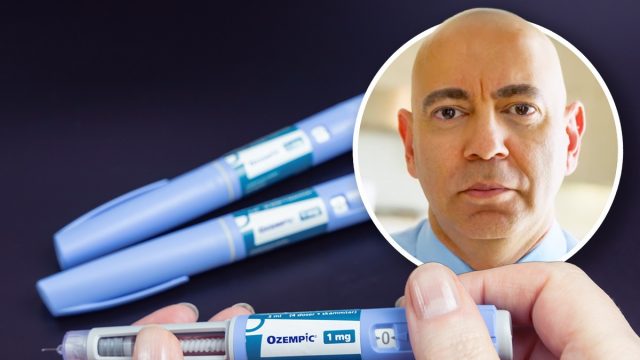
If you're one of the millions taking GLP-1 medications like Ozempic or Wegovy, you might be wondering what happens when it's time to stop. The answer is more complex than most people realize. According to obesity medicine specialist Sean Hashmi, MD, MS, FASN, recent CDC data shows concerning trends. "The obesity rates haven't really gone up overall, but in women, unfortunately, the rates have increased," he notes. Even more concerning, "severe obesity rates increased from 8% in 2013-2014 to about 10% already." Understanding how to stop these medications safely has never been more critical.
Why Stopping Matters
" Weight loss is actually harder than quitting smoking, alcohol, or drugs," Dr. Hashmi explains in his post. This difficulty is reflected in the statistics. Among people with only a high school education, around 45% fall into the obese criteria, compared to 32% for those with a college education or higher. "Nobody is spared from the obesity epidemic," he emphasizes.
RELATED: 20 Things You Need to Know About Ozempic and Weight Loss
How These Drugs Work

Before understanding the mistakes, it's important to know how these medications function. "Weight loss drugs work by blocking your appetite signal in the brain," Dr. Hashmi explains. "They can also delay food passing through your stomach. But your body does not change its physiology to say, 'well, you know what? I'm all fixed now.'"
Mistake 1: Stopping Too Quickly

"You don't want to abruptly stop the drug," Dr. Hashmi warns, "because if you stop it right away while on the main dose, you're going to put that weight back on really, really quickly." The research is clear on this point. The Step 1 trial found that patients who discontinued Wegovy regained 11.6% of their initial 14.9% weight loss within just one year.
What Research Shows
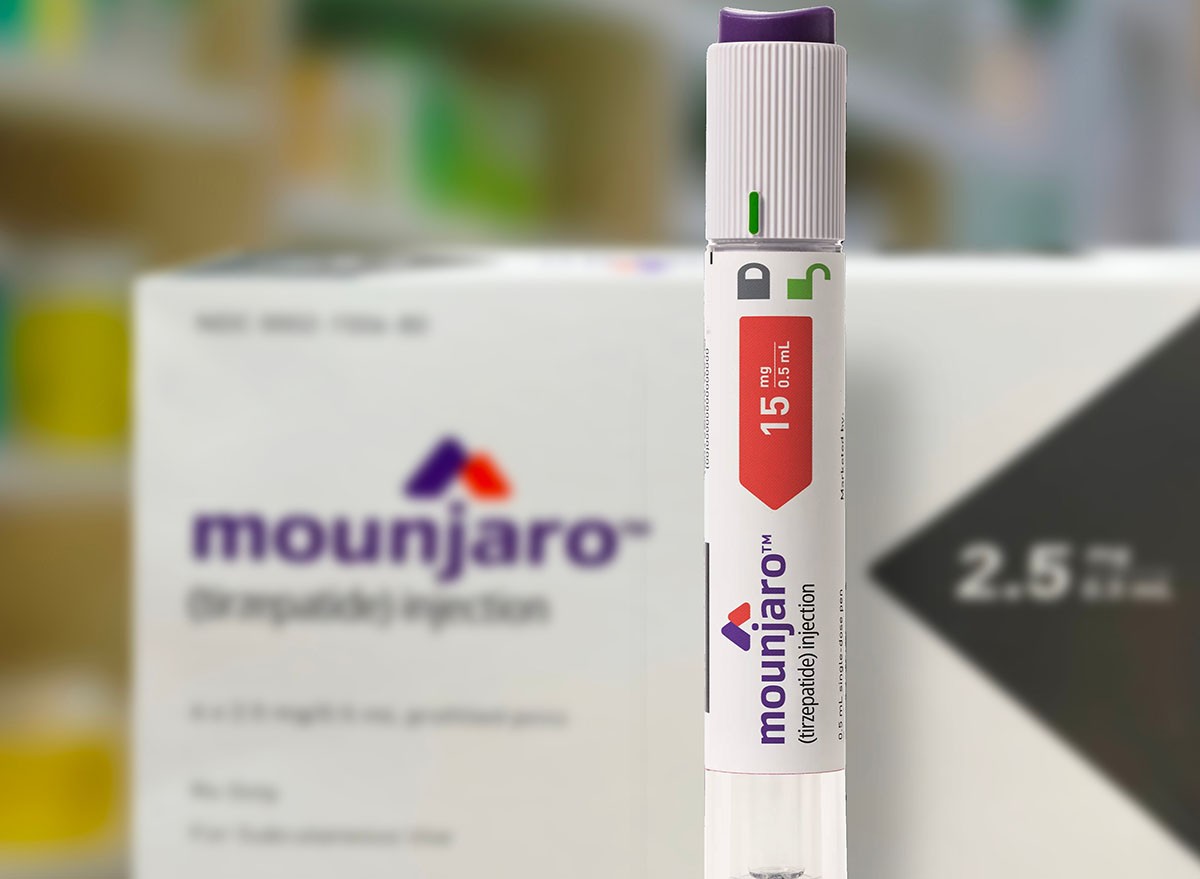
Multiple studies confirm this pattern. In the Step 4 trial, "people who stayed on the drug for another 48 weeks continued to lose weight, an additional 7.9% on average," explains Dr. Hashmi. "But those who stopped ended up regaining 6.9% of what they'd lost." The Surmount 4 study showed similar results with newer medications like tirzepatide, where patients regained 14% of their initial 21% weight loss after stopping.
RELATED: 20 Possible Ozempic Side Effects
The Right Way to Stop
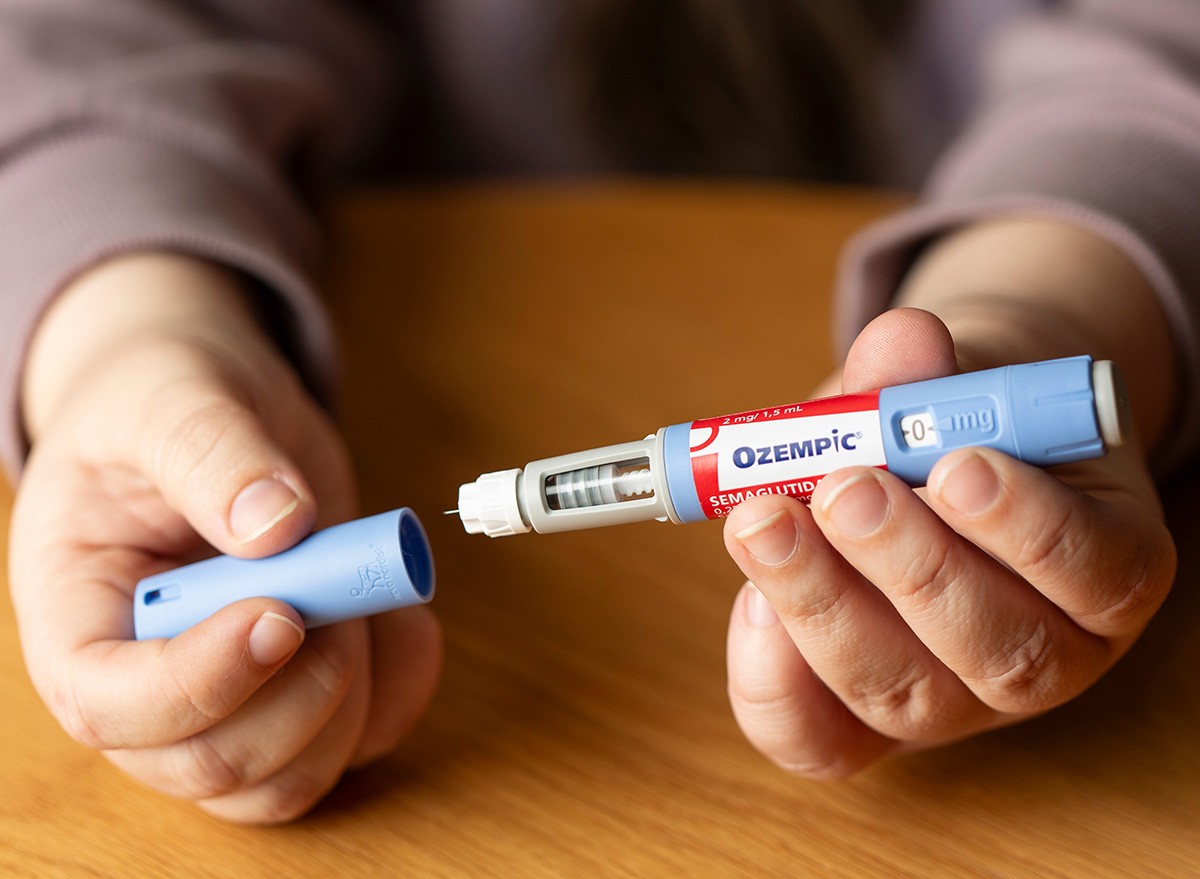
Instead of stopping suddenly, Dr. Hashmi recommends a gradual approach: "We try to go slowly, sometimes even at the same pace as we were titrating up. Every four weeks, we're dropping the dose down." For some patients, he adds, "as we slow down the dosage of the injections, we will add some of the older oral drugs where we have a lot more safety data."
Mistake 2: Not Having a Lifestyle Plan

"If you don't have the lifestyle component, none of this is going to work," Dr. Hashmi emphasizes. Many patients focus solely on the medication without developing sustainable eating habits. "In our clinical practice, what I end up seeing is patients, if they don't follow the intense lifestyle that we put them on, they can learn to overcome the effects of Ozempic, Wegovy, Saxenda, tirzepatide very easily."
The Problem With Cheat Meals

Dr. Hashmi warns about the danger of occasional indulgences: "Simply by having, quote-unquote, cheat meals. Every time you give yourself that high-sugar food, that instant gratification, the first few times you're like, 'ah, you know, I feel nauseous.' But over time, it gets easier and easier to do it."
Building Better Habits

The solution lies in whole food choices. "When I have my salad with avocado for lunch, the total calories are so low compared to what I used to eat before, which was in the thousands and I didn't even know it," Dr. Hashmi shares. He particularly warns against liquid calories: "Nature had millions of years to perfect food, just the right amount of fiber, nutrients, and water. When we blend food, all that sugar gets absorbed very quickly."
RELATED: What Happens to Your Body When You Stop Taking Ozempic
Mistake 3: Relying on Quick Fixes

Many patients turn to artificial sweeteners when stopping GLP-1 medications. "When you turn to alternative sugars like Splenda, Stevia, or monk fruit, you're dealing with sweetness levels that are 200 to 600 times that of sugar," Dr. Hashmi warns. "You're not helping your cravings for sugar. In fact, the data shows you're going to get insulin resistance and damage your gut microbiome."
The Truth About Sugar Alternatives

The impact of artificial sweeteners goes beyond just cravings. "In rat studies, what the data shows is if you give them alternative sweeteners, they will end up eating more of their chow because it stimulates your appetite," Dr. Hashmi explains. "That zero-calorie stuff that you think is no calories, but you get to have your sweetness—there is no free lunch."
Creating a Sustainable Routine
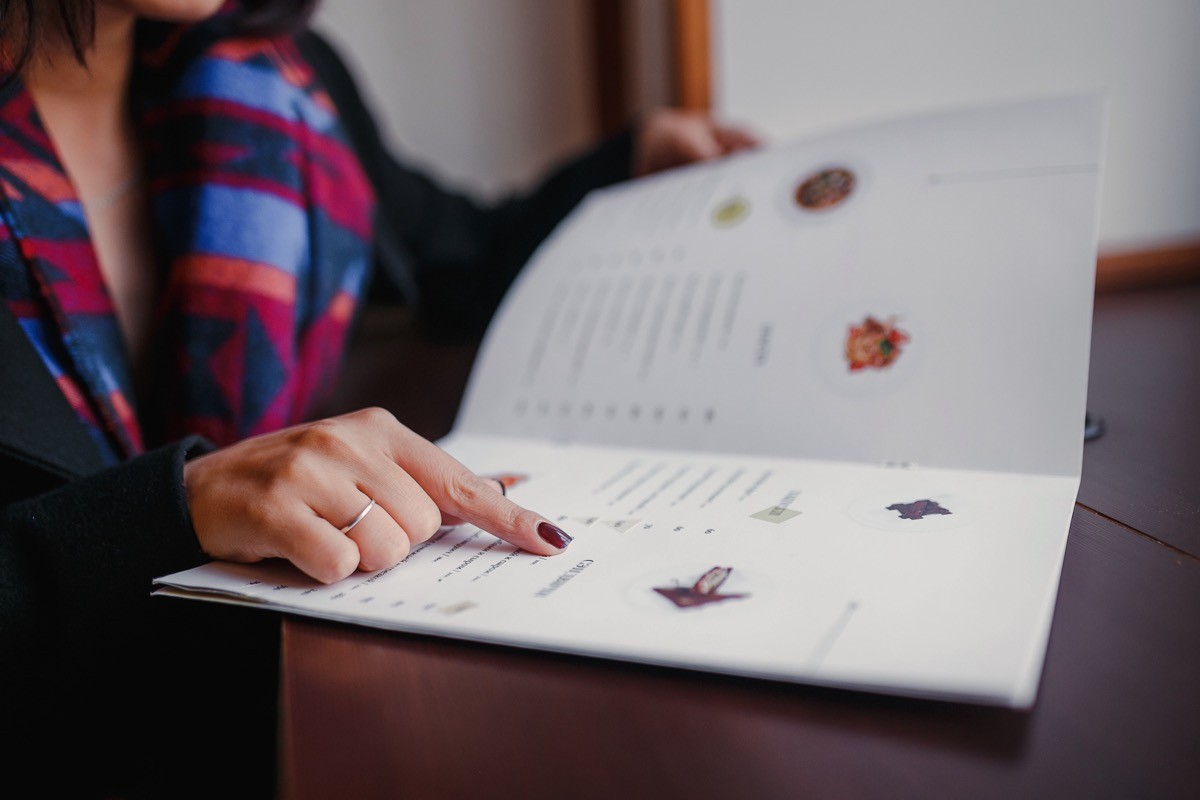
"Make your eating as planned and boring as possible," Dr. Hashmi advises. "I know it sounds crazy, but the more you have to make decisions, the more likely you are to fail." He practices what he preaches: "I literally go to the same place for lunch. I order the same thing every day. I've been doing it for more than 10 years."
The Importance of Medical Support
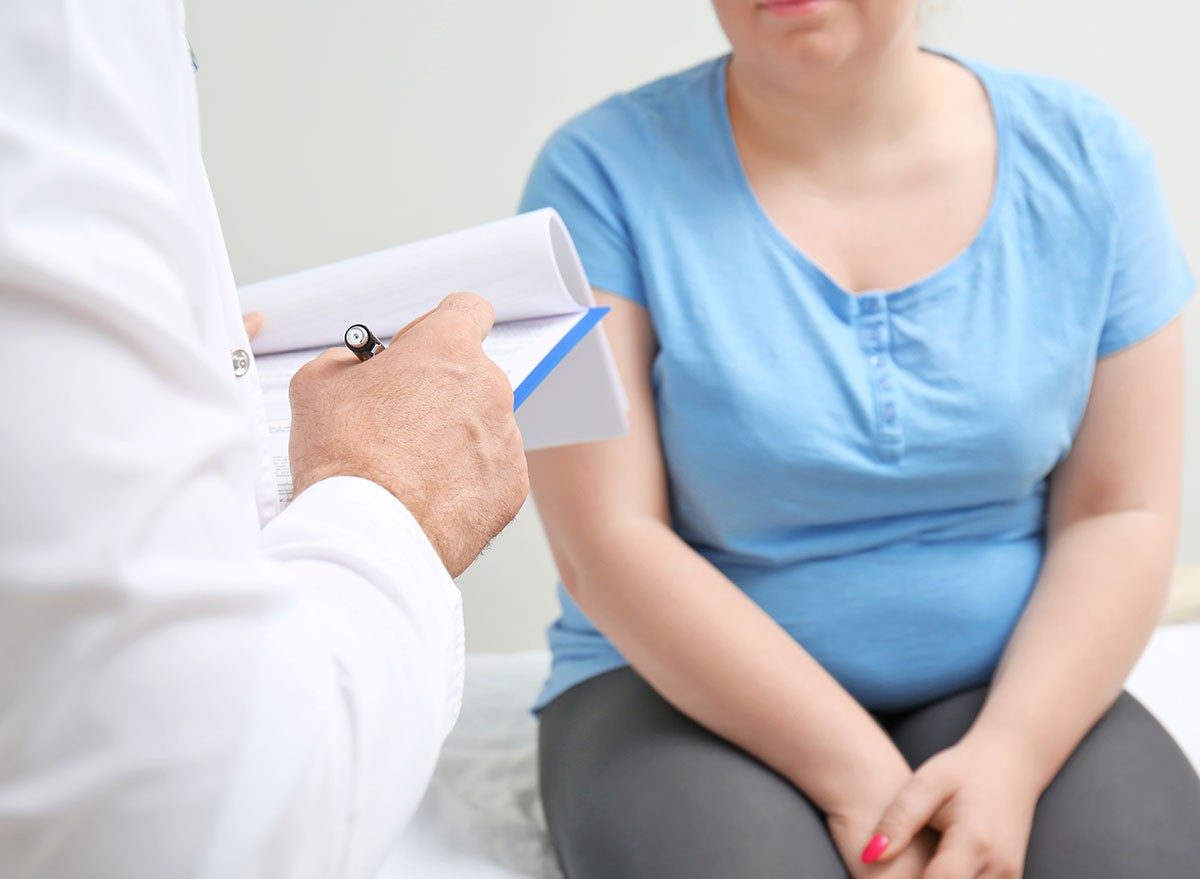
"You have to make sure that you're ready and you want to find a doctor who will work with you," says Dr. Hashmi. "Find a provider who is your partner and not somebody who's blaming you or is angry or is making it so that everything is your fault. You're going to have good days, you're going to have bad days."
RELATED: 20 Things to Avoid While on Ozempic
Understanding Health Disparities
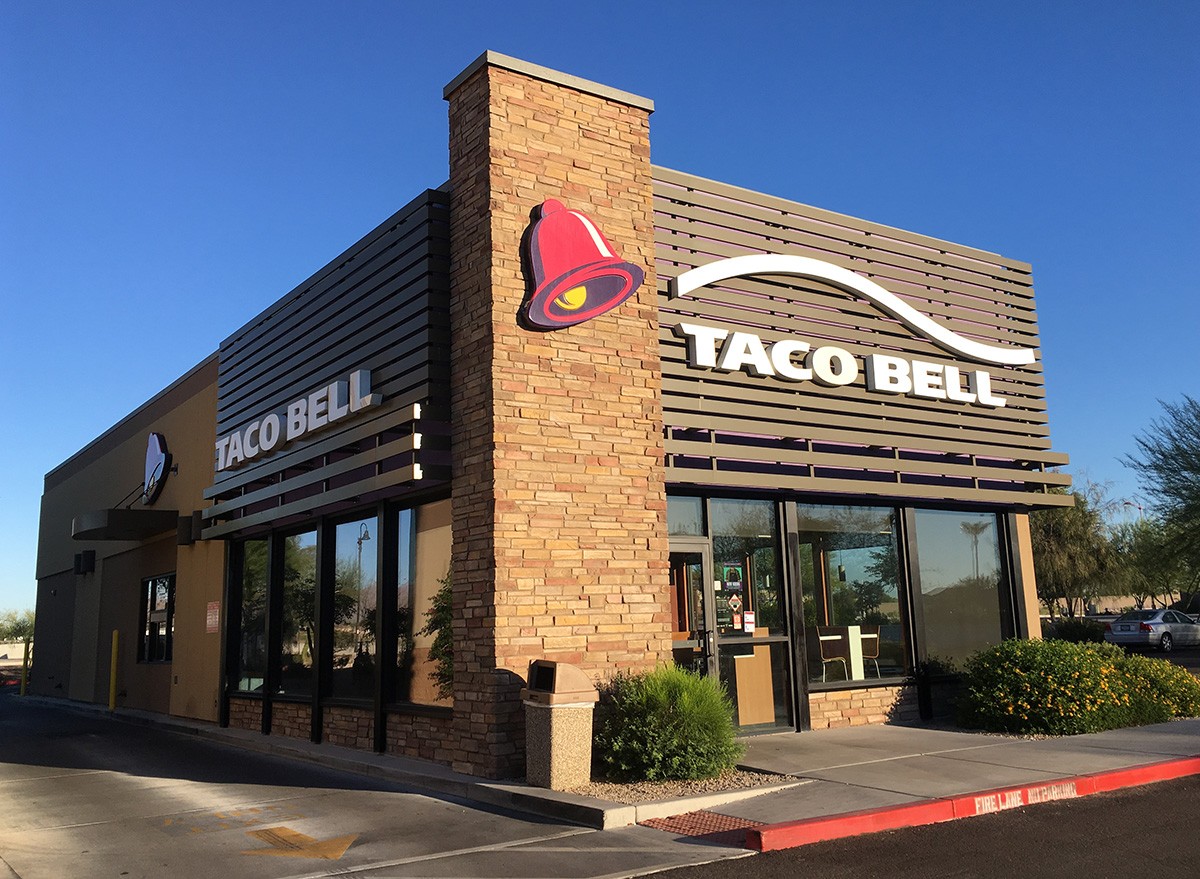
Dr. Hashmi acknowledges the role of socioeconomic factors: "A lot of people who come from very poor backgrounds, like I did, have to work all sorts of crazy jobs. Look, my story is I ate Taco Bell like crazy… because when you got 50 cents or you got a dollar in your pocket, this is what you end up doing."
Planning for Long-Term Success
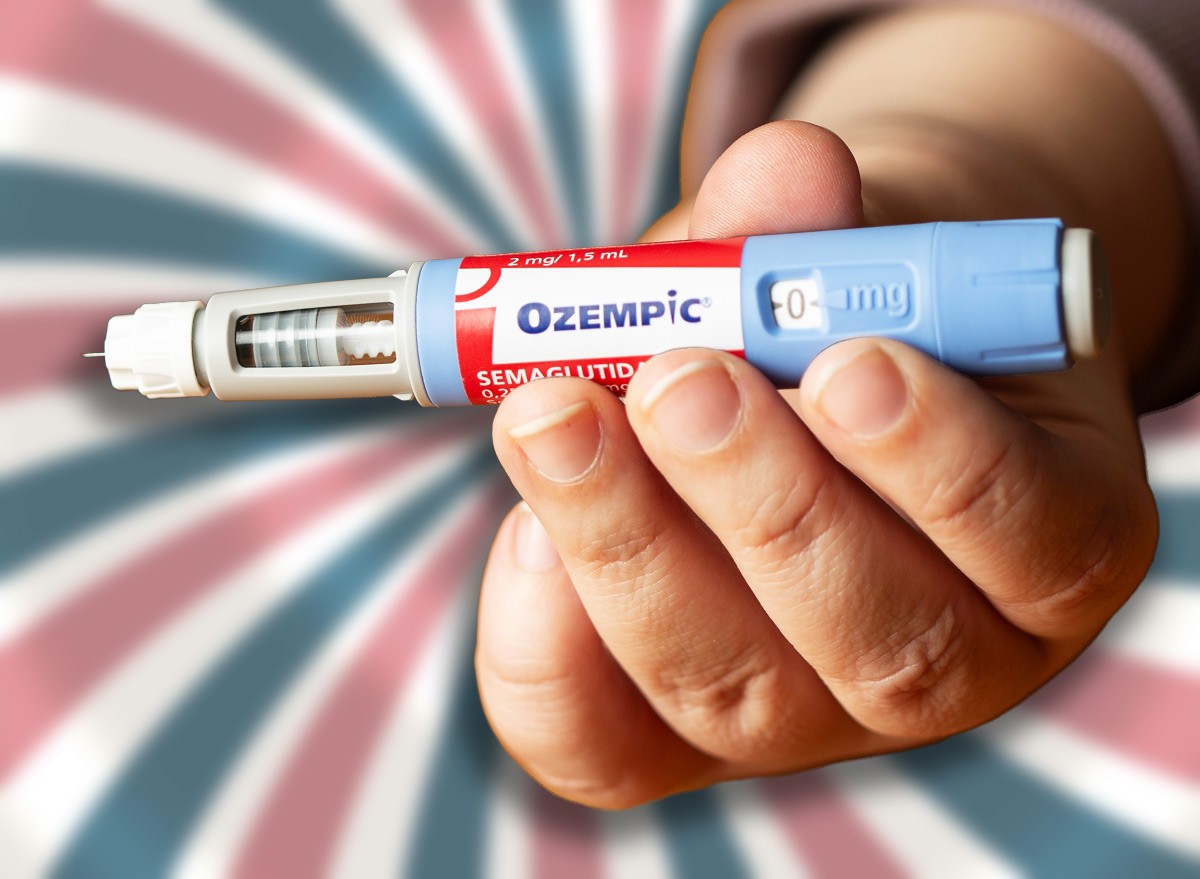
"This is a lifelong commitment," Dr. Hashmi concludes. "If you're going to go off these medications, don't go cold turkey. Slowly go off of them and have a plan. What are you going to do about cravings? The more you've planned, the easier it is to succeed." And if you enjoyed this article, don't miss 20 Incredible Ozempic Success Stories of All Time.




